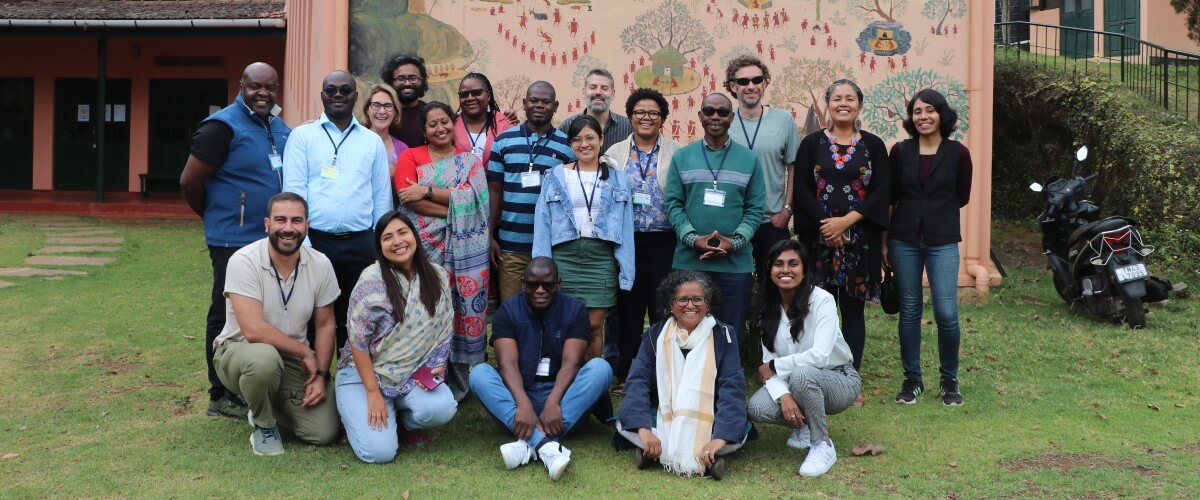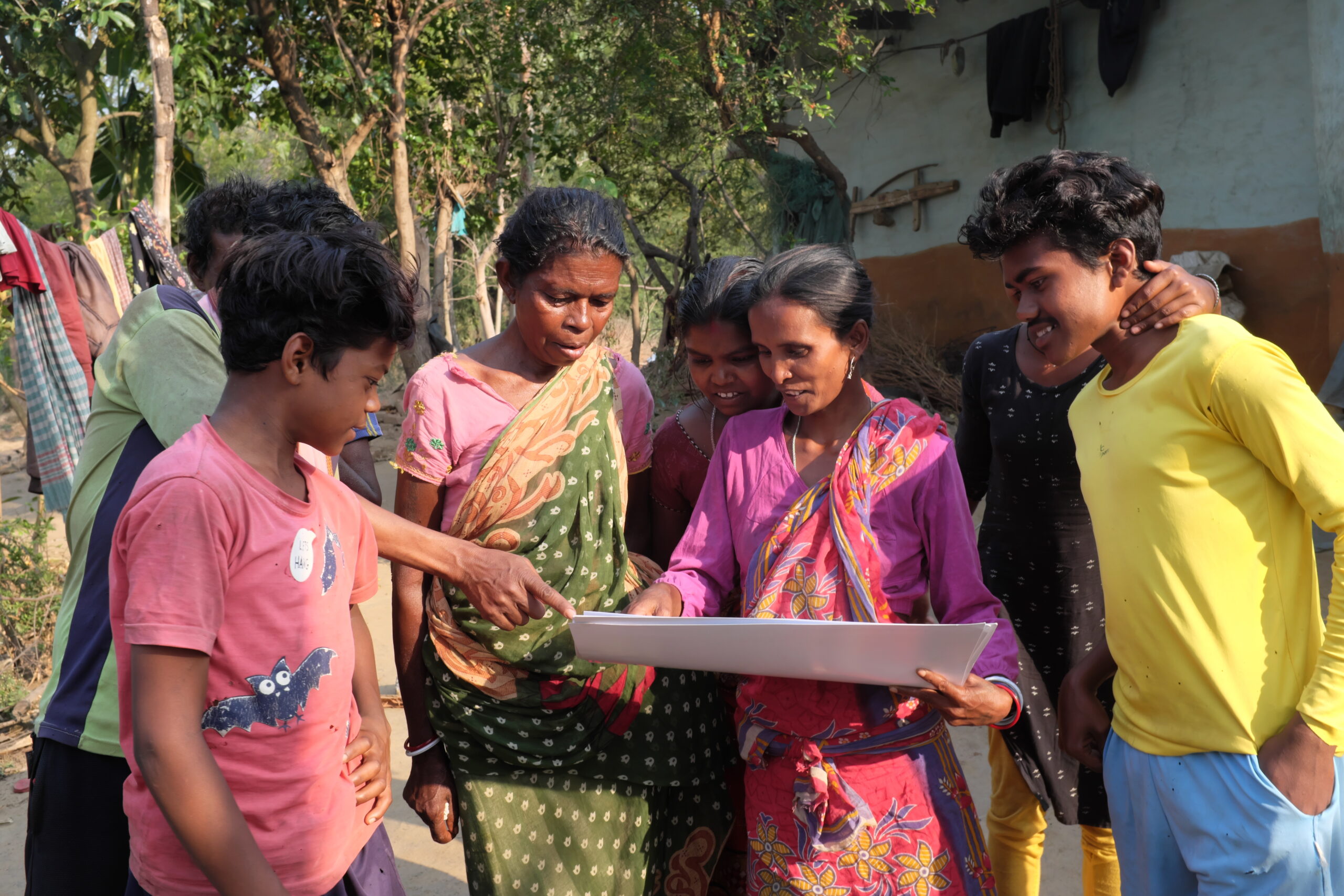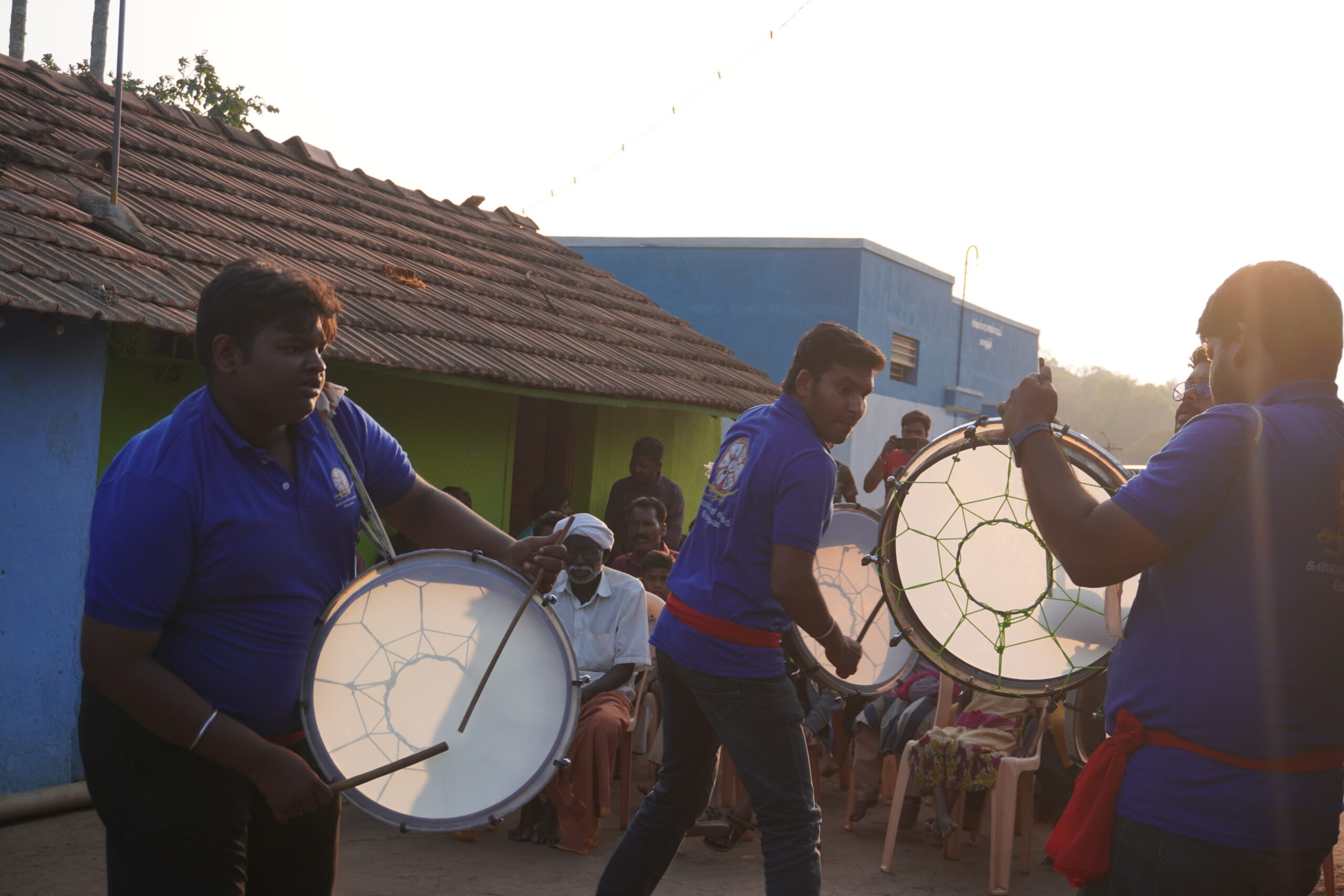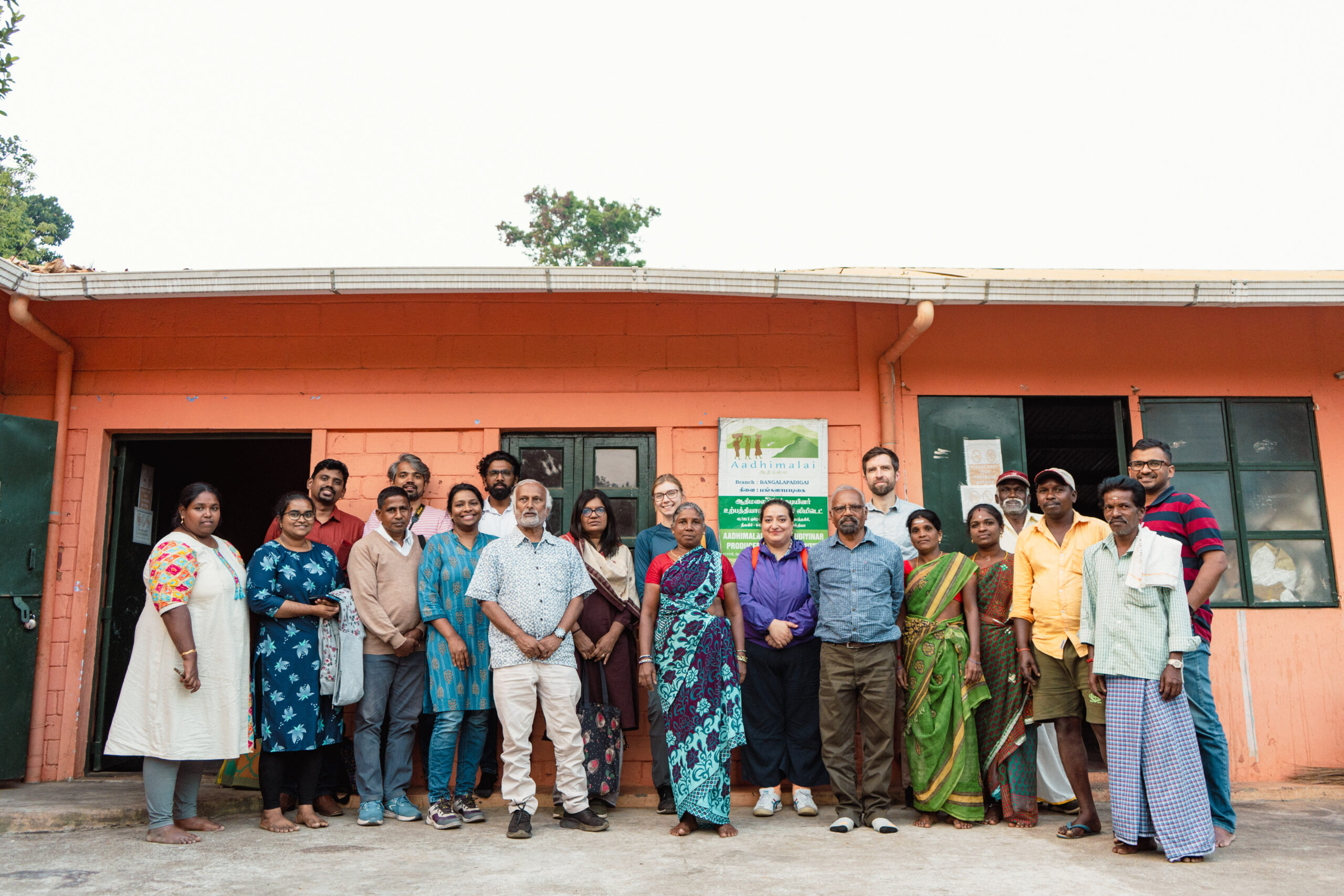March 21, 2022
By Bhavya George, Programme Coordinator, Climate Change
From March 19 to 21, Keystone hosted representatives of the COVID Observatories project for a three-day workshop.
Running virtually since 2021 and led by Leeds University in the UK, the COVID Observatories is a project working with indigenous peoples and decision-makers to document the impacts of the COVID-19 pandemic on communities and their responses with a focus on food systems. The aim was to document, monitor and understand how COVID interacted with multiple stresses like climate change to affect the food systems of indigenous communities, co-generating knowledge, and capacity to strengthen resilience. This interdisciplinary project is a collaboration of 23 indigenous groups from 13 countries working in low, middle, and high-income nations in South America, the Africas, North America and Asia-Pacific, including India.
The purpose of the workshop was to facilitate opportunities for cross-learning and sharing of experiences. It served as a platform to highlight each region’s experiences of the pandemic and two years of work to combat the impacts. It facilitated discussions on key factors affecting vulnerabilities and resilience of communities. It also focussed on the critical determinants of climate and COVID-19 interactions. It was interesting to see the commonalities and key lessons from the responses and impacts across indigenous communities of the 13 regions.
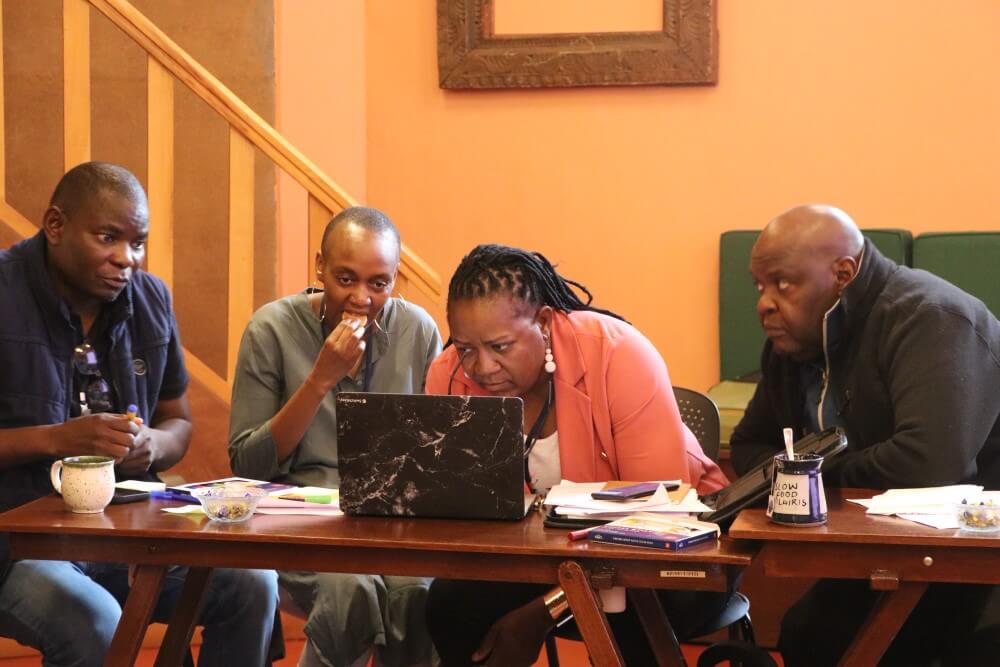
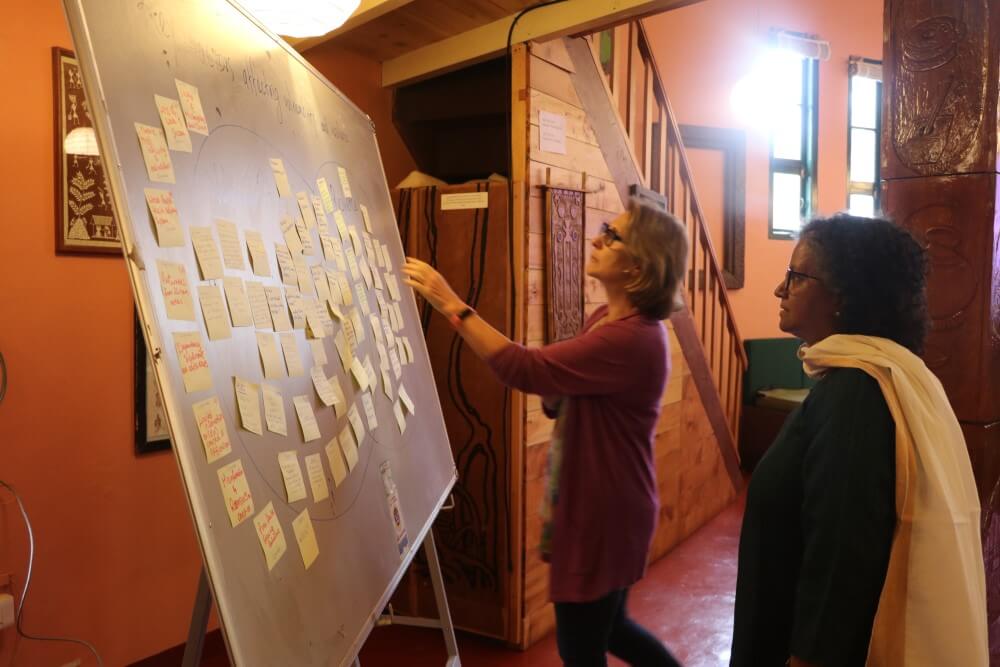
Dr. James Ford, Priestley Chair in Climate Change Adaptation at the Priestley International Centre for Climate at the University of Leeds and Dr. Carol Zavaleta, Medical surgeon, researcher and specialist in climate change, food security, intercultural health and the health of Indigenous populations were leading the project, being the Principal Investigators.
After two years of virtual meets, it was exciting moment for all the representatives from Africa (Namibia, Ghana, Uganda, and South Africa); South America (Peru; Fiji, Kiribati), Sri Lanka, UK, and India to meet in person.
As the work had a focus on food systems, especially that of indigenous communities, it was good to have Yon Fernández-de-Larrinoa from the FAO (Food and Agriculture Organization of the United Nations) who added his insights and experience on the discussions on food systems.
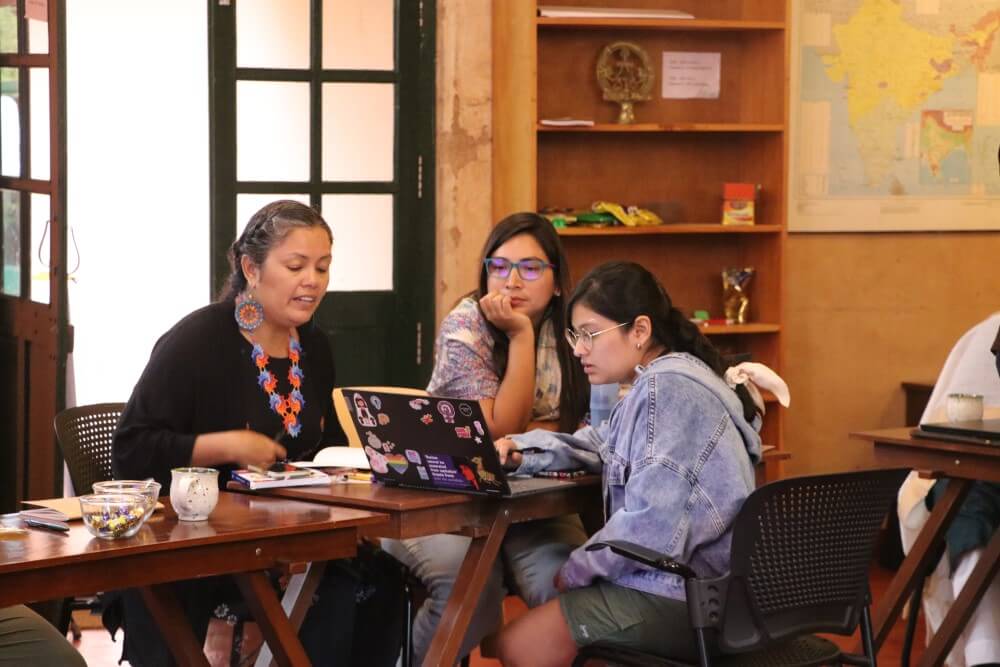
The workshop also discussed ways to engage with the global and national policy platforms and feed into policies on future pandemics and their impacts on climate and food systems of each region.
The team were also guided on various field visits, including a tour of our field centre in Sigur area of Mudumalai Tiger Reserve. It was a thrilling visit to all the participants in expectation of sighting elephants, but unfortunately we had to be happy looking at spotted deer, common langur and peacocks. We also took a quick look at the elephant camp where the Oscar winning documentary Elephant Whisperers was shot.
In the field centre, we had an introduction session about Sigur area and the works by our field staff. Also, there was discussion with the COVID Diary Keepers about the impacts of COVID-19.
The four days were a productive experience with lots of thoughts and reflections of the work done and planning for the way forward. Though technology helped us to initiate the work during the pandemic across regions, having a workshop in person brought about more fervor and unity towards the research.

